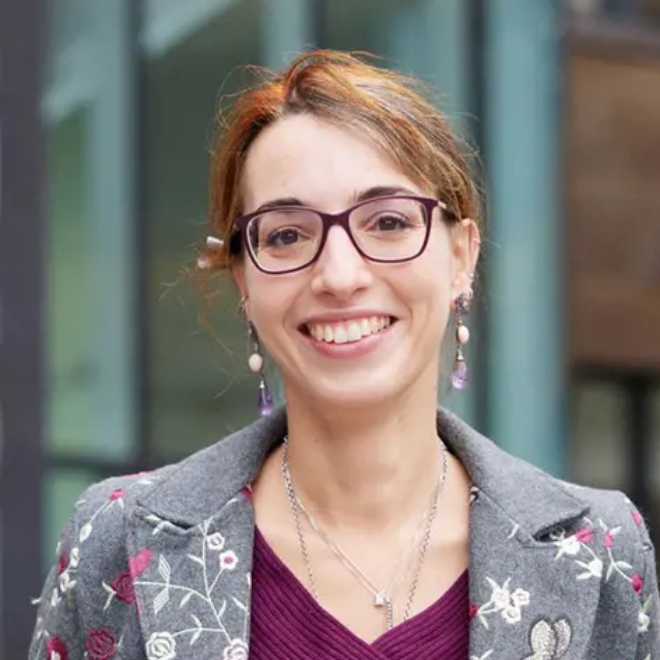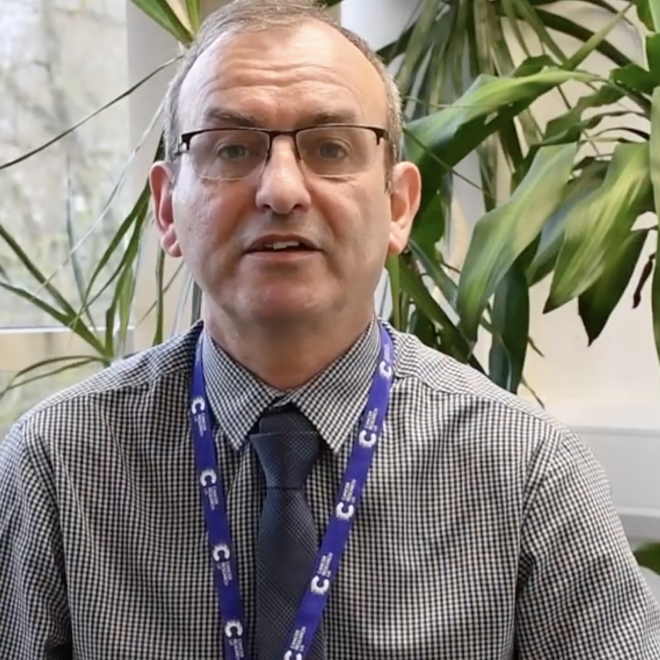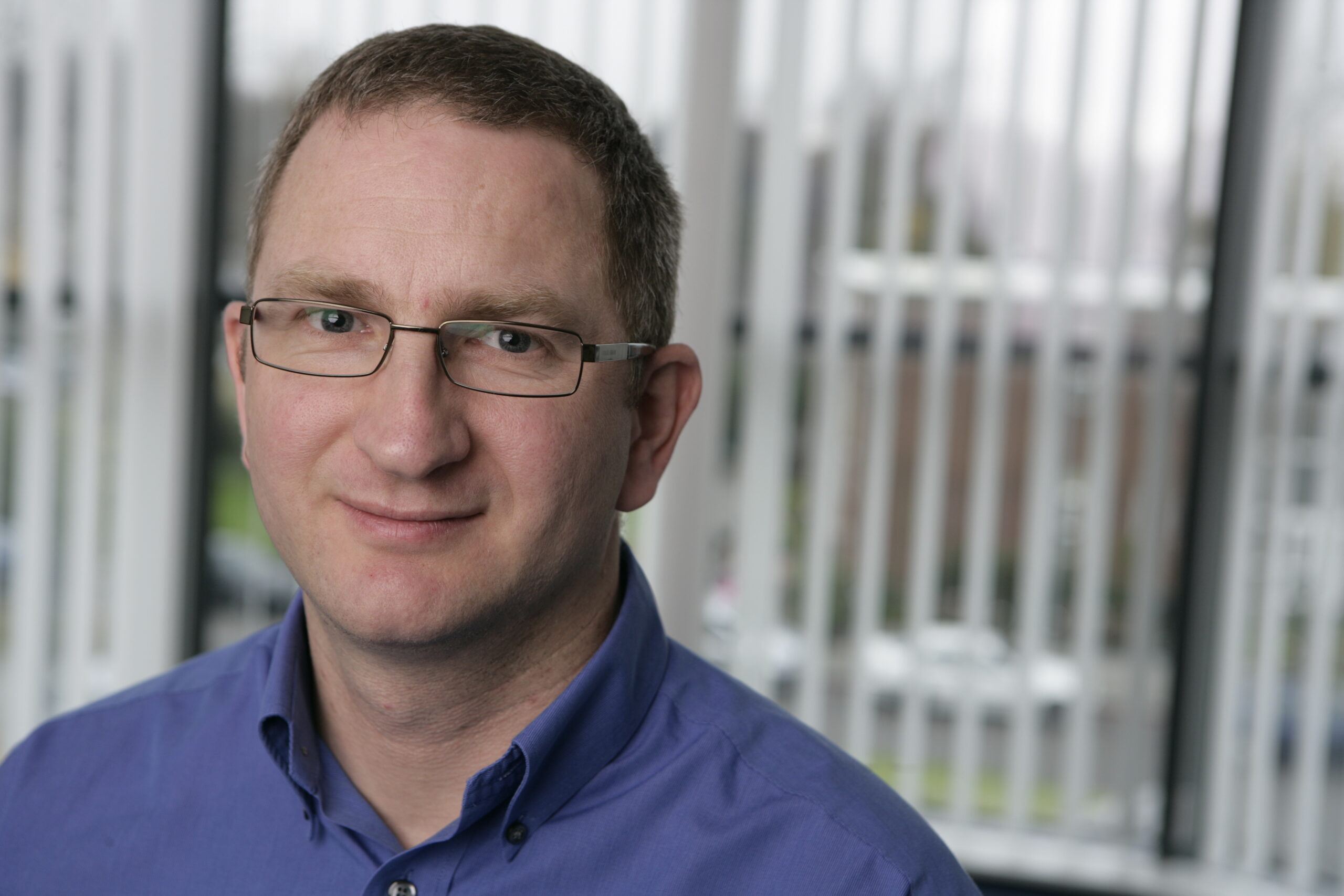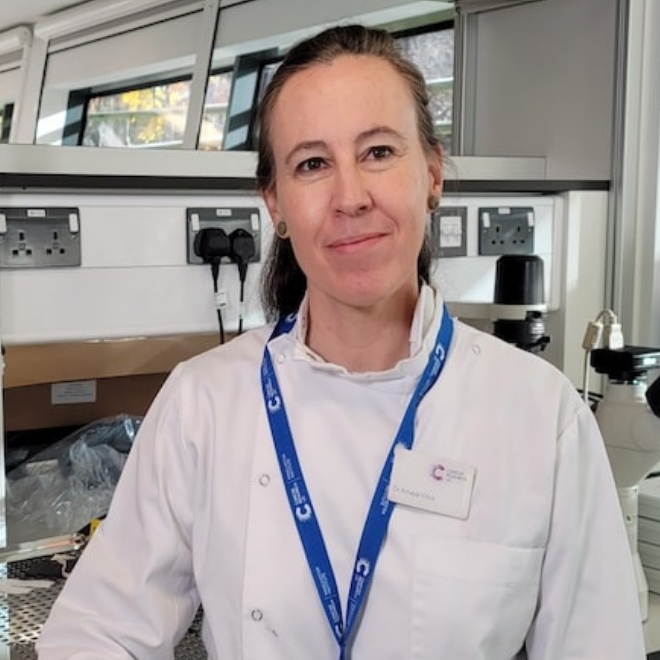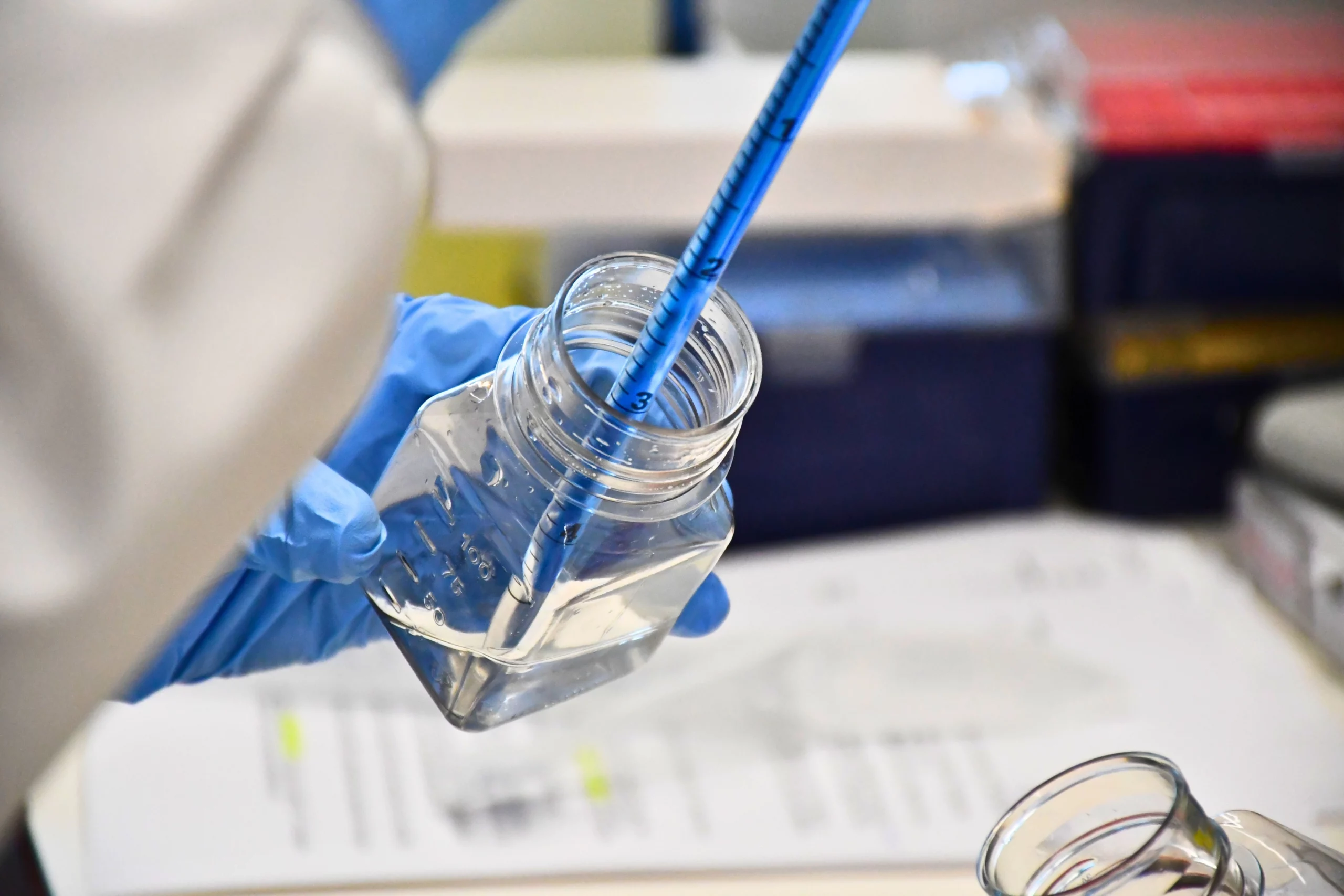Overview
Melanoma is the fifth most common type of cancer and the most frequent among the young adult population in Europe. Immunotherapy has greatly improved survival for advanced melanoma, but almost half of melanoma patients still lose their lives to cancer.
Melanoma is at the cutting edge of novel immuno-oncology strategies such as checkpoint inhibitors, tebentafusp (first-in-class bispecific molecule), as well as adoptive cell therapy. But we still don’t fully understand the mechanisms behind resistance and when they occur during tumour progression, although we know they develop numerous ways of hiding from the immune system or reducing its activity.
The melanoma programme leverages multiple large scale multi-omic translational projects to explore mechanisms of response and resistance to immunotherapy, tumour evolution and biomarker discovery.
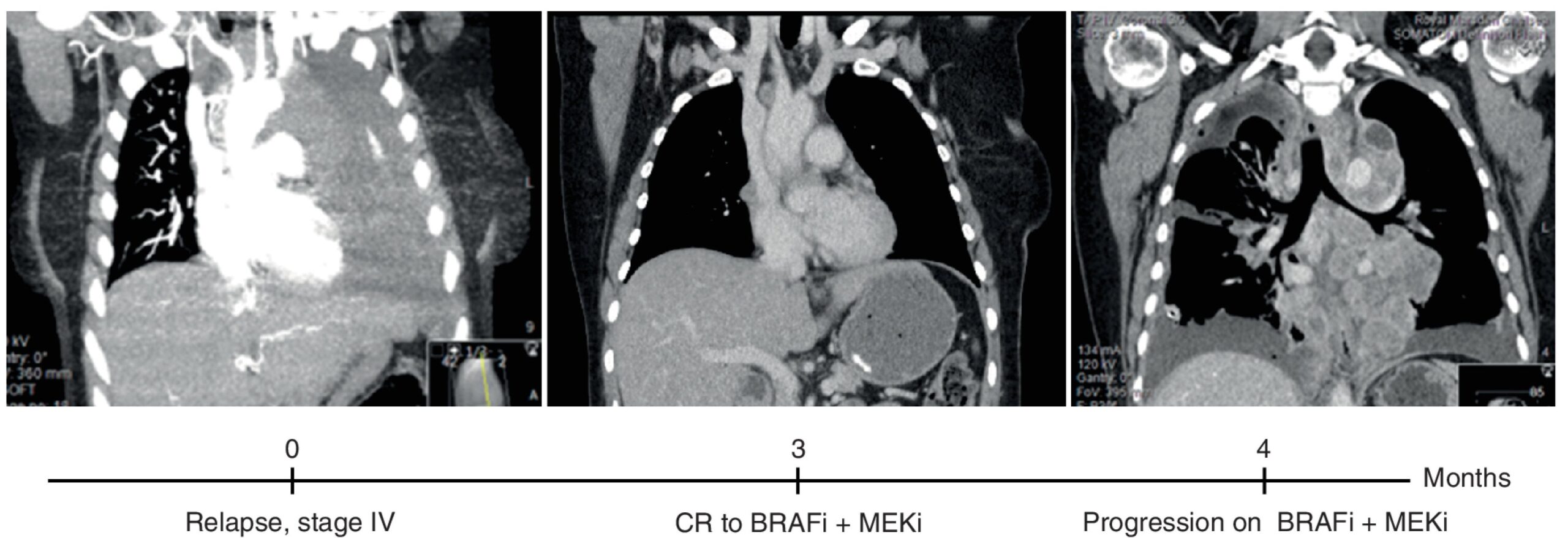
Our vision for world leading cancer research in the heart of Manchester
We are a leading cancer research institute within The University of Manchester, spanning the whole spectrum of cancer research – from investigating the molecular and cellular basis of cancer, to translational research and the development of therapeutics.
Our collaborations
Bringing together internationally renowned scientists and clinicians
Scientific Advisory Board
Supported by an international Scientific Advisory Board






